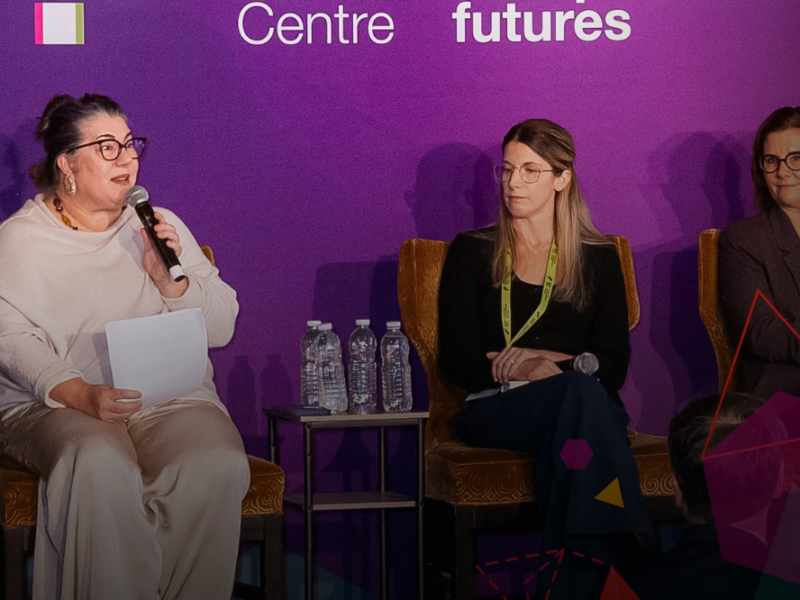Making the Invisible Visible: Neurodivergent Students’ Experiences in Canadian Higher Education
Despite increasing enrolment rates, neurodivergent students are less likely to graduate than their neurotypical peers. Canadian postsecondary institutions (PSIs) are striving to make post-secondary education (PSE) more inclusive. However, they lack comprehensive data on the number of neurodivergent students attending Canadian PSIs and the experiences and effectiveness of current supports for these students. Findings from the largest ever survey of Canadian neurodivergent post-secondary students details how factors such as identity, diagnosis, institution type, and other intersectionalities impact the experiences of neurodivergent students.
How can PSIs support neurodivergent students? What institutional policies and practices do neurodivergent students identify as barriers or enablers to meaningful inclusion at their PSI? What challenges are Canadian PSIs facing in the provision of inclusive and accessible education for neurodivergent students? What innovations are being implemented to support neurodivergent students?


Key findings
Less than half of neurodivergent students disclosed their neurodivergent identity or diagnosis to their educational institution, and 73 per cent of those who did not disclose identified barriers to the process. Yet those who disclosed are significantly more likely to be satisfied with their postsecondary institution.
One-third of neurodivergent students do not have a formal diagnosis, which limits access to educational supports and accommodations.
Neurodivergent students have diverse learning profiles: 38 per cent report multiple diagnoses; 62 per cent report additional intersectional identities (e.g., lesbian, gay, bisexual, transgender, queer, intersex, and asexual, or LGBTIAQ).




